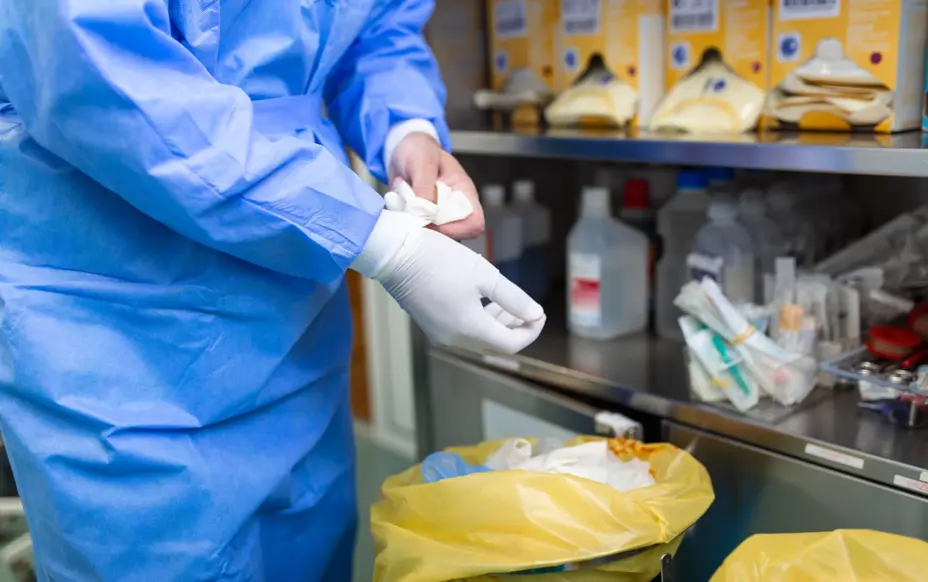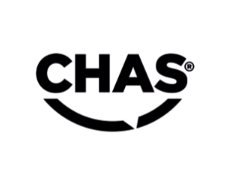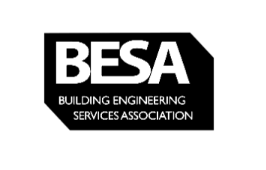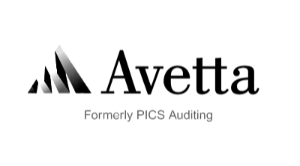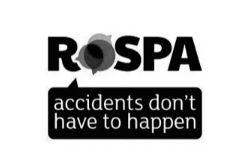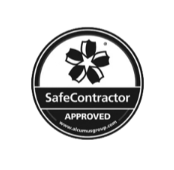phs Group has acquired Citron Hygiene UK - we’re here to support you. Read our customer FAQs and find our contact details here.
To most people, most types of waste are offensive in one way or another, so it’s easy to be confused by the term ‘offensive waste’. Offensive waste is actually an important term that helps maintain hygiene and public safety, especially in areas such as healthcare, beauty, and animal healthcare.
While it doesn’t carry the same immediate dangers as hazardous or infectious waste, handling offensive waste can still be challenging due to its unpleasant nature. Proper management of this type of waste is essential to prevent discomfort, contamination, and potential environmental issues, all while maintaining strict hygiene standards.
In our latest post, we’ll explore what offensive waste is, the types of materials classified under this category, how it should be disposed of using offensive waste bags, and the best practices for maintaining hygiene when handling it. Whether you’re a business owner, healthcare professional, or simply curious, we’ll tell you everything you need to know about managing offensive waste responsibly.
What is offensive waste
The UK Government classes offensive waste as ‘non-clinical waste that’s non-infectious and does not contain pharmaceutical or chemical substances, but may be unpleasant to anyone who comes into contact with it, especially if contaminated by body fluids.’ It is categorised as either:
18 01 04 – Human-related healthcare.
18 02 03 – Animal-related healthcare.
20 01 99 – Municipal sources.
These codes are part of the European Waste Catalogue, which helps in classifying and identifying types of waste, including offensive waste.
This type of waste does not pose a direct threat to health and safety, but can be aesthetically offensive, causing discomfort due to its appearance or odour. The management of offensive waste is crucial to ensure public hygiene, comply with regulations, and maintain a clean environment, particularly in settings like healthcare, beauty, and certain industrial sectors.
It’s important for any businesses that may deal with offensive waste to understand what it is and how they can dispose of it safely.
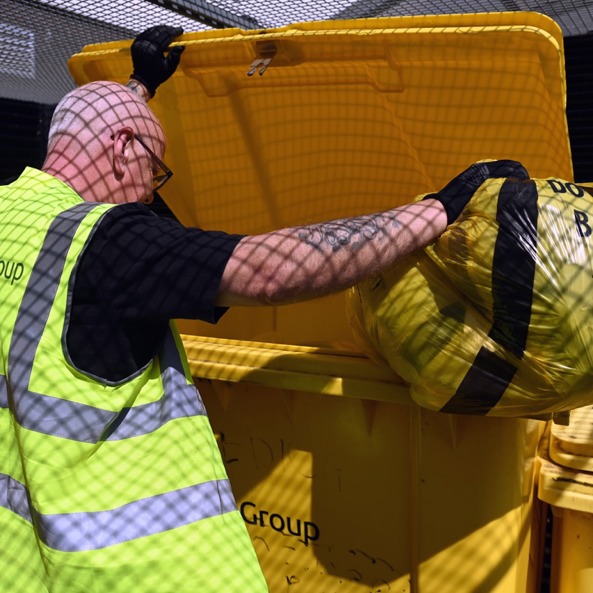
What is classed as offensive waste?
Offensive waste includes a broad range of materials that are unpleasant yet non-hazardous. The key distinction between offensive waste and hazardous or infectious waste is that while the latter can transmit diseases or toxins, offensive waste does not. Correctly identifying healthcare waste, such as clinical and offensive waste, is crucial for compliance with regulations and improving waste segregation practices.
However, it still requires careful handling to avoid contamination or creating a public nuisance. This type of waste is commonly produced in healthcare facilities, beauty salons and spas, animal care centres and other industries where hygiene is paramount.
Offensive waste examples
Below you will find some examples of offensive waste to help you understand what it is and why it is deemed ‘offensive’:
This includes items like nappies, incontinence pads and sanitary towels. These items are non-infectious but can be unsightly and carry odours.
Non-infectious medical materials such as used gloves, masks, gowns and dressings that are not contaminated with bodily fluids or substances can be classified as offensive waste.
These items should be classified using appropriate waste codes to ensure proper handling and disposal.
Bedding, faeces and other materials from animal care settings fall into this category. They’re not harmful, but this type of waste can be unpleasant to handle.
PPE used in non-hazardous environments, such as masks and gloves from beauty salons or care homes, is often classified as offensive waste.
Waste collected from public bins, including discarded tissues, food packaging and general litter, can be offensive due to its potential odour and appearance.
How to dispose of offensive waste
Offensive waste disposal requires careful consideration to prevent contamination and causing issues for the environment. While it is not subject to the strict disposal regulations of hazardous or infectious waste, offensive waste still needs to be managed correctly.
Effective waste disposal practices are essential to protect public health and ensure compliance with regulations.
Separate your waste
Offensive waste should be separated from general and hazardous waste at the point of origin. This can be done using clearly labelled bins or containers, which are often coloured yellow with a black stripe (also known as tiger stripe bags). Ensure you have a constant supple of offensive waste bags for efficient disposal.
Store waste securely
Once separated, offensive waste should be stored in a secure area away from public access to prevent tampering, spillage, or odours. The storage area should be well ventilated and cleaned regularly.
Manage waste collection
Engage a waste management company with a license to handle offensive waste, ensuring it is collected and transported safely. They ensure that the waste is handled according to regulations and transported safely to the disposal site.
How is offensive waste disposed of?
Offensive hygiene waste is typically disposed of in landfill sites that are specially designated for non-hazardous waste. In some cases, it may be sent to energy from waste plants, where it can be incinerated to generate electricity.
The waste generated from healthcare settings must be handled correctly to ensure compliance with regulations and environmental safety.
Managing offensive waste hygiene
Maintaining hygiene when handling offensive hygiene waste is essential to prevent any risks that come with mishandling or cross-contamination. Although offensive waste is non-infectious, improper handling can lead to unpleasant odours, attract pests, or cause accidental exposure to potentially harmful materials. Adhering to stringent waste legislation is crucial to ensure that offensive waste is managed responsibly and sustainably.
Provide staff with the right training
Ensure that all staff involved in waste handling are trained on the correct procedures for how to dispose of offensive waste. This includes the importance of wearing appropriate PPE, understanding segregation protocols, and knowing how to store waste securely. Make sure staff know how to identify offensive waste bags and how to use them to secure waste.
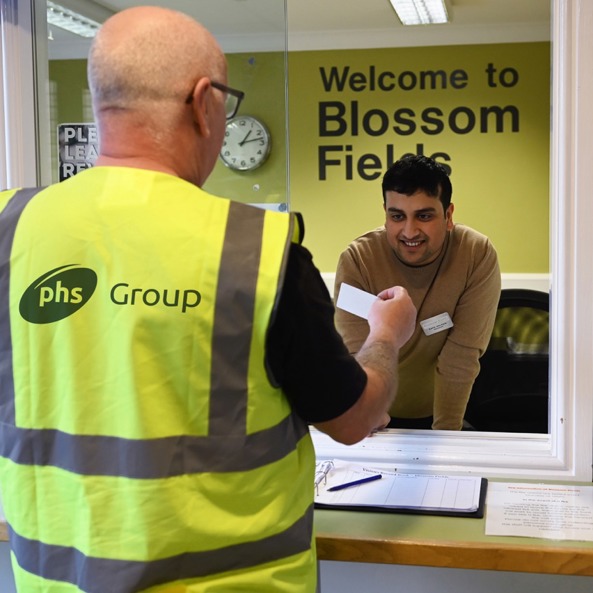
Even though offensive waste is non-hazardous, it is important to wear PPE such as gloves and aprons when handling it. This minimises direct contact and reduces the risk of contamination.
Ensuring storage areas and bins used for offensive waste are cleaned regularly is incredibly important. This helps prevent the build-up of odours and helps maintain pest control.
To manage hygiene effectively, offensive waste should be collected and disposed of regularly. Letting offensive waste build up can lead to hygiene issues and unpleasant working conditions.
Understanding what offensive waste is and how it should be disposed of is important for all businesses to ensure they are managing waste in a way that is both compliant with regulations and considerate of public health and safety. Proper management not only maintains a clean environment but also demonstrates a commitment to responsible waste handling.
At phs, you can find everything you need to help you manage offensive hygiene waste to help keep your premises clean and hygienic. We sell offensive hygiene bags and all of the other materials you need to manage waste effectively in your healthcare or clinical setting.

View our Offensive Waste Services
FAQs on Offensive Waste
Offensive waste includes non-infectious but unpleasant materials such as nappies, incontinence pads, sanitary products, and non-contaminated PPE like gloves and masks.
Items like used dressings (not contaminated with body fluids), non-infectious PPE, hygiene pads, and empty catheter bags should be placed in tiger-striped offensive waste bags.
In NHS settings, offensive waste refers to non-infectious materials from patient care that may cause offense due to appearance or smell, such as maternity waste or stoma bags.
Yes, paper hand towels used in washrooms are often considered municipal offensive waste, especially when not contaminated with bodily fluids.
Yes. Waste like urine (e.g., in catheter bags or adult nappies) is considered offensive waste as long as it is not infectious or mixed with hazardous substances.





























